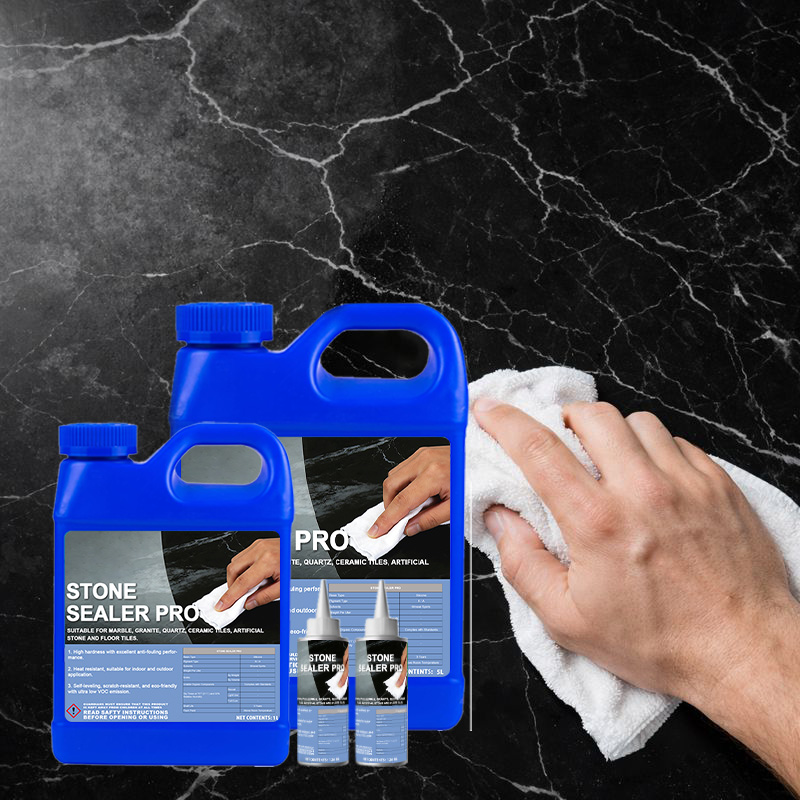In recent years, resin crafting has transitioned from a niche hobby to a thriving industry with diverse business opportunities. For suppliers, retailers, and entrepreneurs, resin kits are not just about creating beautiful art—they represent a scalable business model that bridges creativity with commerce. This article explores how businesses can leverage resin kits to generate profit, scale operations, and meet growing market demand.
1. Why Resin Kits Are a Profitable Business Opportunity
Growing Market Demand
The global resin crafts market is expanding rapidly, fueled by DIY enthusiasts, professional artists, and small studios. Platforms like Etsy, Amazon Handmade, and Shopify have enabled creators to sell custom resin products directly to consumers, increasing the demand for bulk resin kits.
Versatility of Resin Applications
Resin kits are not limited to jewelry or decorative crafts. They can be applied to furniture design, home décor, industrial prototyping, and even fashion accessories. This versatility ensures consistent demand across multiple industries.
Low Entry Barrier for Businesses
Unlike capital-heavy industries, resin businesses require relatively low initial investment. With affordable wholesale resin kits, even small-scale entrepreneurs can start production without extensive overhead.
2. Types of Resin Kits Suitable for Businesses
Epoxy Resin Kits
-
Best for: Jewelry, river tables, coatings, and home décor.
-
Business potential: High profit margins due to premium product appeal and durability.
UV Resin Kits
-
Best for: Small crafts, quick-curing items, rapid prototyping.
-
Business potential: Ideal for fast turnaround businesses, workshops, and craft classes.
Polyurethane Casting Resin Kits
-
Best for: Industrial applications, model making, functional prototypes.
-
Business potential: Popular in B2B environments, manufacturing, and large-scale production.
Custom Resin Kits
-
Best for: Private labels, educational workshops, and niche markets.
-
Business potential: Branding opportunities and product differentiation.
3. Business Models Using Resin Kits
a) Wholesale Distribution
Businesses can supply bulk resin kits to craft stores, art studios, or educational institutions. By offering wholesale pricing, you can build long-term relationships with resellers.
b) Private Label and Branding
Resin kits can be customized and branded under your company name. This strategy helps businesses differentiate themselves while building customer loyalty.
c) Craft Workshop Integration
Studios and educational centers can incorporate resin kits into hands-on workshops. Not only does this generate direct revenue, but it also encourages participants to purchase additional kits afterward.
d) Online Retail Stores
Entrepreneurs can bundle resin kits with molds, pigments, and tools to sell as “complete DIY packages” on platforms like Etsy, Amazon, or their own e-commerce sites.
e) B2B Industrial Applications
Polyurethane or epoxy kits can be targeted toward industries that need prototyping or small-batch manufacturing solutions. This segment often prioritizes speed, reliability, and consistent supply.
4. How to Maximize Profit with Resin Kits
Bulk Purchasing and Low MOQs
By sourcing from trusted suppliers offering low minimum order quantities (MOQs), businesses can optimize cash flow and scale gradually.
Product Differentiation
Adding pigments, glitter, or special molds into resin kits creates unique selling points. Businesses that offer customized packages often see higher customer retention.
Strategic Marketing
Content marketing, social media tutorials, and influencer collaborations can significantly boost brand awareness. Demonstrating creative applications of resin kits helps attract both hobbyists and professional buyers.
Targeting Niche Markets
Focusing on specific sectors—such as jewelry designers, cosplay makers, or educational institutions—can improve profitability by positioning your brand as a specialized supplier.
5. Challenges and How to Overcome Them
Quality Consistency
Challenge: Variability in resin quality can damage customer trust.
Solution: Partner with reliable wholesale suppliers with proven production standards.
Safety Concerns
Challenge: Improper handling of resin may pose health risks.
Solution: Include safety guidelines and protective gear recommendations in resin kits.
Market Saturation
Challenge: The DIY resin market is growing competitive.
Solution: Stand out by offering private label kits, sustainable packaging, or eco-friendly resin options.
6. The Future of Resin Kit Businesses
The resin industry is evolving toward eco-friendly formulations, faster curing times, and customizable kits for both B2B and B2C customers. As consumer demand grows, businesses that embrace innovation, sustainability, and flexibility will gain a competitive edge.
Resin kits are more than just craft supplies—they are gateways to profitable businesses. Whether you focus on wholesale distribution, private labeling, or specialized resin applications, the opportunities are vast. With a reliable partner like DIYRESINS, businesses can access high-quality, customizable resin kits designed to meet the needs of diverse industries. By embracing creativity, innovation, and strategic planning, you can transform resin crafting into a sustainable and profitable enterprise.

